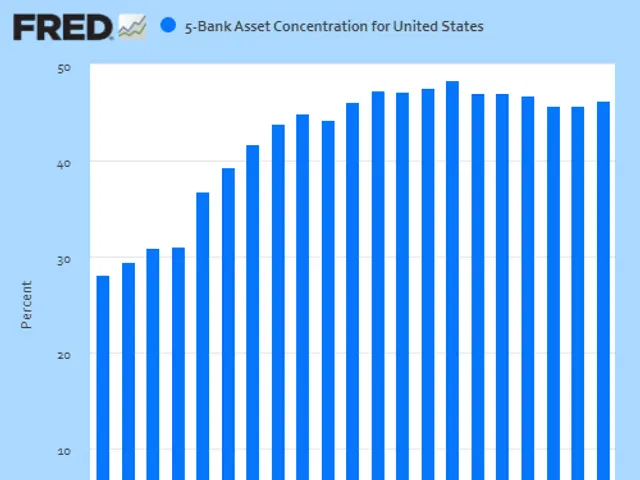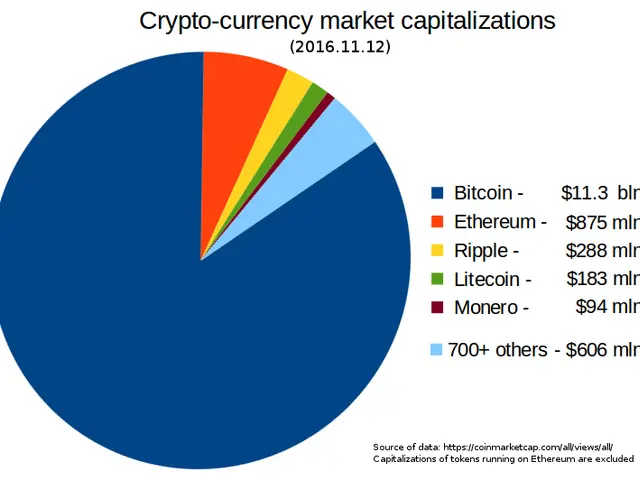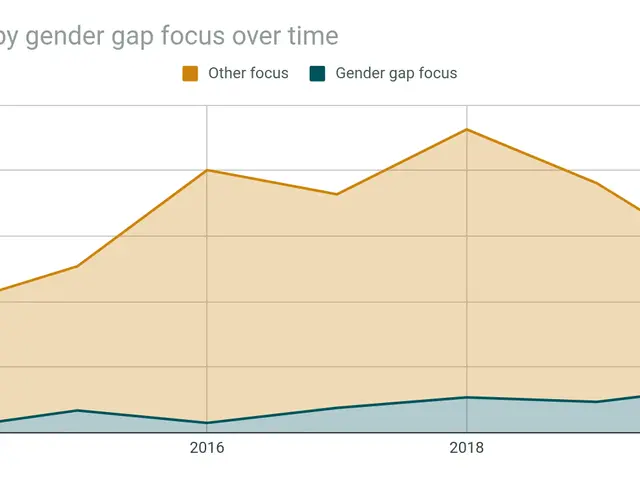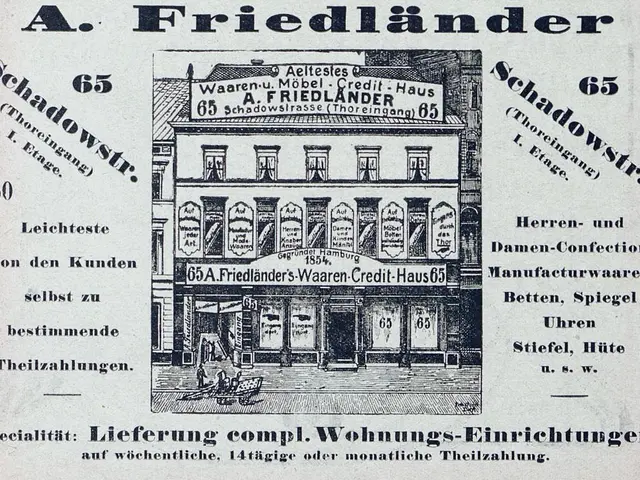Title: Unleashing Your Home's Potential with a Cash-Out Refinance
Home equity refinancing: Definition and operation details
Homeowners looking to tap into their home's equity without selling have an exceptional option available – a cash-out refinance. Imagine transforming your living space, alleviating financial burdens, or funding significant projects with a simple, convenient solution.
What is a Cash-Out Refinance?
A cash-out refinance is a financial maneuver that replaces your current mortgage with a new, expanded loan that draws from your home's equity. This process provides a substantial sum of cash, allowing you to reinvest in your home, consolidate debts, or meet life's unique challenges.
Using the Money from a Cash-Out Refinance
Flexibility is the name of the game when it comes to using the cash-out proceeds. While options are limitless, here are some popular choices:
- Home Improvement Projects: Revamp your living space by improving your kitchen, bathroom, or adding another room.
- High-Interest Debt Consolidation: Refinance rates are typically lower than credit cards, enabling you to combine high-interest debts and lower your overall monthly payments.
- Education Expenses: Tapping into your home's equity can help fund university tuition fees if the refinance rate is lower than the education loan rate.
- Investment Opportunities: Some homeowners use cash-out funds to invest in real estate or start a business, depending on their financial goal.
This refinancing strategy is generally less expensive than other forms of borrowing thanks to the reduced risk for lenders associated with the collateral – your home.
How Much Cash Can You Access?
The amount of cash you can withdraw from a conventional cash-out refinance typically equals 80% of your home's value. This threshold may vary depending on property type. For instance, a multifamily home often allows a maximum of 75%. For FHA and VA loan cash-out refinances, you might be eligible to tap up to 80% and even all of your home's equity, respectively.
Cash-Out Refinance Requirements
Just like your first mortgage, qualifying criteria is essential for cash-out refinancing. Key requirements include:
- Credit Score: A score of at least 620 is generally needed to qualify, with a higher score resulting in a more competitive interest rate.
- Debt-to-Income (DTI) Ratio: This ratio should ideally be around 43% or less, comparing your monthly debt payments to your gross monthly income.
- Equity: Minimum home equity of 20% is usually required for cash-out transactions.
- Seasoning: Conventional cash-out refinances normally require a six-month waiting period after the initial purchase.
Pros and Cons of Cash-Out Refinancing
Pros
- Lower Interest Rate: Access to a lower interest rate is the most common motivator for refinancing.
- Reduced Cost to Borrow: Cash-out refinances often have lower rates than home equity loans, personal loans, and credit cards.
- Improved Credit: If used to consolidate debt, a cash-out refinance could lead to improved credit utilization and potentially a higher credit score.
- Tax Deduction Opportunities: If the cashed-out funds are used for home improvements and you itemize taxes, the loan interest may be tax-deductible.
Cons
- Increased Interest Rate: If interest rates have risen substantially since your original mortgage, you may pay more despite good credit.
- Prolonged Repayment: Refinancing could result in prolonged repayment of consolidated debt over several decades.
- Increased Risk of Losing Your Home: An increased mortgage balance means a higher risk of losing your home to foreclosure if you fail to repay the loan.
Is a Cash-Out Refinance Right for You?
Ultimately, the decision depends on your personal situation and financial goals. A cash-out refinance may be advantageous if:
- You require a substantial sum to enhance your financial outlook: Accessing large funds to invest in home improvements, education, or other wealth-building activities can be a smart move with a cash-out refinance.
- You can qualify for a lower rate: If mortgage rates have dropped since your initial mortgage or your credit has improved, a cash-out refinance might be more cost-effective compared to other options for accessing home equity.
Alternatives to a Cash-Out Refinance
If a cash-out refinance isn't suitable, consider these alternatives:
- Home Equity Line of Credit (HELOC): A HELOC offers a revolving line of credit for accessing funds when needed, with interest rates that fluctuate based on market conditions.
- Home Equity Loan: A home equity loan provides a lump-sum payment, with a fixed-rate and immediate repayment.
- Personal Loan: A personal loan offers a shorter loan term, a variety of interest rates, and quick approval, though it may require less paperwork than a cash-out refinance.
- Reverse Mortgage: Open to homeowners aged 62 and above, this loan allows you to withdraw cash from your home without immediate repayment, provided you maintain the property and pay taxes and insurance.
- To fully understand the potential benefits of a cash-out refinance, it's essential to know the current mortgage rates, as a lower rate can translate to significant savings when refinancing.
- With a cash-out refinance, homeowners can take measures to improve their home's outlook, finance business ventures, or even pay off high-interest debt, all while possibly receiving tax deduction opportunities.
- For individuals seeking an alternative to cash-out refinancing, finance options like a Home Equity Line of Credit (HELOC), home equity loan, personal loan, or even a reverse mortgage may be worth considering.
- In light of the outlook for mortgage rates and the need to make informed financial decisions, it's crucial to evaluating the pros and cons of refinancing and understanding the requirements for cash-out refinancing before making a move.







